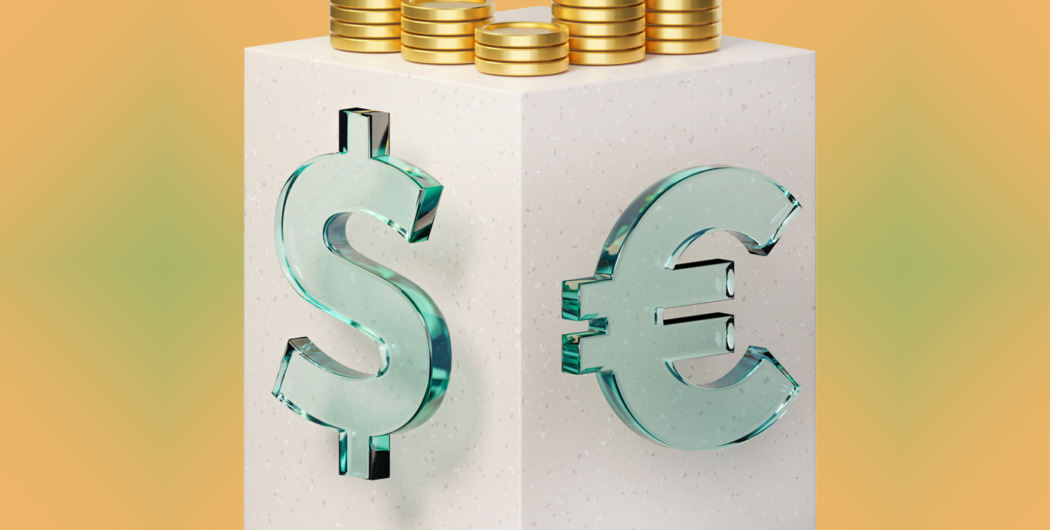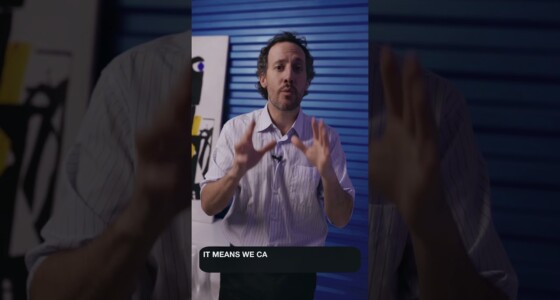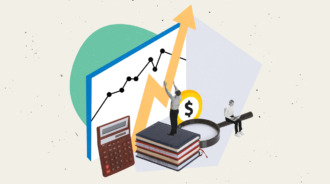

After the current euro dollar rate shocks foreign investors as the euro shares parity with the U.S dollar, wisdom demands that traders lay hold on effective ways to trade this currency pair.
Standing out as one of the most traded currency pair in the world, the euro (EUR) and United States dollar (USD) represents the most proportion of trades that are made within international finance. Being the most traded pair, the EUR/USD is also the most liquid pair.
However, based on the euro-dollar rate forecast, the euro retains a trading position close to $1.02 as there remains an ongoing crisis about energy in Europe which puts a heavy weight on investors.
While there remain several trading strategies for the EUR/USD, we present you with three simple ways to trade this currency pair and even become better at it. Traders can adopt these strategies with different levels of mastery as it is consistently effective.
What affects the euro-dollar rate?
The EUR/USD pair can be affected by political and economic conditions in European countries and the United States. Actions taken by the European Central Bank and the Federal Reserve also have the potential to influence the spread.
Although we have not witnessed the highest euro dollar rate ever to be surprised yet to trade this currency pair, it is essential to stay up-to-date with what is happening on both sides.
Key points
- The EUR/USD is the most liquid currency pair in the world.
- Transactions on the EUR/USD pair account for approximately ¼ of all trades.

3 Smart ways you can effectively trade
1. Buy or sell the pullback
Noticeably, the EUR/USD currency pair trend moves in the opposite direction (up/down), taking the price across different levels. This rapid trend, however, tends to lose momentum when there’s a paradigm shift in the demand and supply, pinning late traders in positions that are executed for loss when there’s a reverse movement.
What the pullback strategy aims to achieve is to leverage the counter-movement of the trend. This involves traders identifying significant resistance and support levels that can terminate the unstable price swing, restoring the initial price trend.
Depending on the level of the support and resistance (or whichever is closest to the current price), you can either sell or buy the EUR/USD price pullback.
2. Make narrow price range entry
Narrow price bar ranges that reduce volatility are printed when the EUR/USD falls or rises into a crucial barrier. However coincidental, this price range pattern may suggest an effective entry signal for a breakdown or breakout.
A trader using this strategy enters a narrow price range position with a tight stop should there be a critical reversal in the price movement. This intelligent way of trading the EUR/USD currency pair helps predict the price bar’s expansion into a breakdown or a breakout. In addition, it is a way of trading safely as traders can easily set the stop loss tightly to the entry position.
3. Sell the breakdown or buy the breakout
The EUR/USD currency pair usually grinds to and fro a confined boundary, in most cases for extended periods. This sets up price ranges that birth new trends, high or low.
Traders may take low-risk entries whenever there’s a break in the support or resistance level, paving the way for a selloff or a rally. In the case of a support break, you sell the breakdown, while a resistance break allows you to buy the rally. It is best to exercise patience as new trends tend to set up.
It is best to have good timing when using this tactic, as you can enter too early to meet a false break or too late, and you miss out on the execution. It is best to open a partial trading position with a gap in the EUR/USD price and then add to your position on the first minor retracement.
Conclusion
While we await positive feedback from the underlying economic crisis that bothers the euro price and, ultimately, the EUR/USD currency pair, you must learn how to stay afloat with effective trading strategies. This simple 3-step trading strategy will help you get a hang of trading the euro-dollar pair effectively.
***
By the way, have you ever thought about why there is EUR/USD and not USD/EUR? Let Tony explain it in a new video!

Tony is a financial analyst of the Binomo team. He is a trader with many years of experience in the market. Tony is the face of our YouTube and Instagram channels and is doing everything to help traders achieve new heights.








